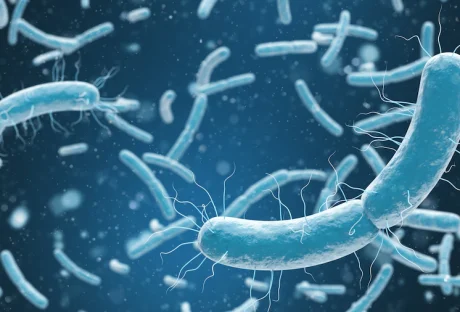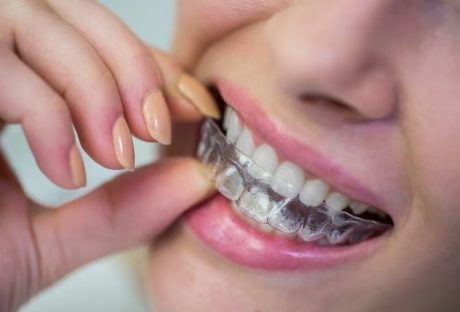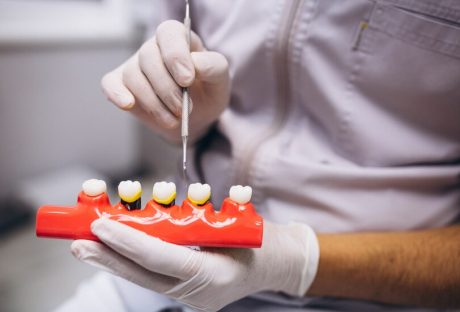Biochemistry reflects on the chemical compositions of living organisms. If in a science class one has encountered statements like the chemical composition of blood glucose is C6H12O6, then this lesson is part of biochemistry research that has found its way to textbooks.
Biochemistry also deals with chemical interactions between living cells. For instance, once we eat, the process of digestion that releases energy in the form of ATP and the chemical reaction involved in these metabolic activities are part of biochemistry.
The signals released by the brain in response to pain, how oxygen is used by blood cells, and the entire chemical process involved at the molecular level is studied as part of the biochemistry discipline.
A biochemistry course can be taken both as a specialization or an interdisciplinary course along with a related major or minor for challenging career prospects in life sciences. Interested students can check out this biochemistry course.
Scope And Uses Of Biochemistry
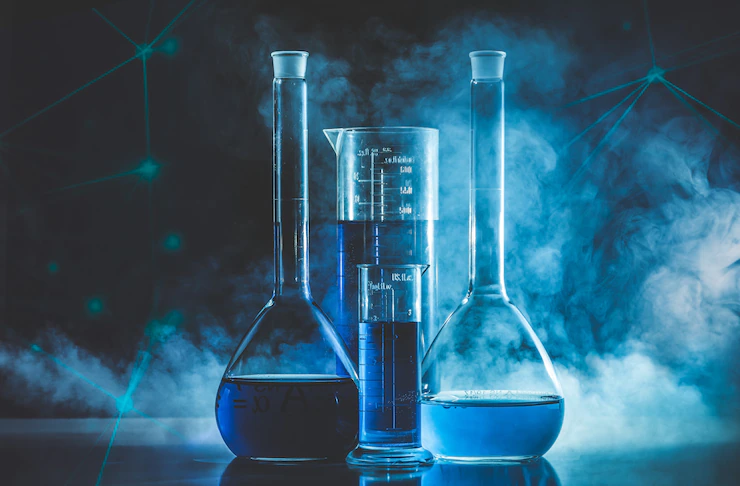
Biochemists hold numerous positions not just in the direct or ancillary healthcare sector but also in any field that involves food and nutrition.
Here are a few areas where biochemistry is used:
A. Nutritional science
The molecules like amino acids, lipids, fats, carbohydrates, and fiber constitute the macros of a balanced healthy diet. Biochemistry in food and nutrition deals with the process of generation and maintenance of the essential macros and glucose levels in a body. Any tipping in the readings will be the result of the body’s chemical response to any underlying disease condition.
B. Genetic engineering
Genetic engineering is technically a branch of biotechnology. However, to understand DNA sequencing, chemical composition is necessary information. And hence biochemistry becomes an interrelated discipline for genetic engineering.
Biotech is widely used in understanding pathological specimens of microbes, and human, veterinary, and plant genes to help in combating diseases, creating resistant varieties of bloodlines in animal husbandry, and disease-resistant variants of plants.
C. Medicine
Pharmacological advances in new drug formulations, the development of vaccines, immunology, and pathology are some areas where biochemistry is widely used. Only through biochemistry, the rollout of Covid vaccine was possible.
Tips For Preparing For Biochemistry
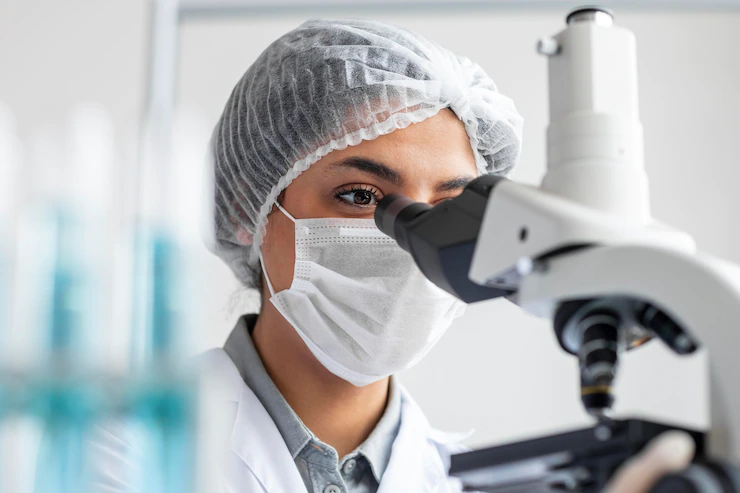
Biochemistry is a vast subject that deals with humans, animals, and plants. It has other sub-categories like structural biochemistry, enzymology, xenobiotics, and organic and molecular biochemistry.
Considering the numerous topics, although the subject is interesting, studying for coursework can be daunting. But with a little bit of planning and learning hacks, preparing for biochemistry lessons can seem like a breeze for students.
Here are tips to prepare for biochemistry coursework:
1. Memorize The chemical sequence
Biochemistry is one of the least-liked subjects by many because of the many chain reactions and pathways that one needs to remember. The only way one can remember these chemical reactions is by logically grasping them, and then writing them down 2-3 times to memorize them. Once you have understood and memorized it correctly, write it backward. This step seals the content in your memory for a long time.
2. Revise important topics
Biochemistry is easy to forget a subject if you have not grasped the concept and memorized it. Topics related to organic biochemistry, lipid metabolism, amino acids secretion, enzymes secretion by glands like the pituitary and liver, the pentose phosphate pathway, and nucleotides need to be revised through notes revision, flashcards, and practice quizzes.
3. Study groups
Divide the biochemistry topics among members of study groups to make notes. In this manner, all the important topics can be revised easily by dividing the work related to notes and crucial points that form the framework of the lesson
4. Illustrate
Biochemistry is easy to remember when you use imagination and draw the reactions in a fun and easy-to-understand manner. You can always give character names to any of the molecules that are both easy to remember and relatable.
5. Focus on an essential topic
Divide the topics into the most repetitive and course-wise imperative ones. Divide your attention in an 80:20 ratio and give more importance to the core topics. In this manner, the regularly difficult topics are covered and repeated.
Twenty percent dedicated to other least important topics can be revised once. This way is ideal when trying to fit in a lot of work within a short timeframe. For instance, you can give more time to topics on metabolic and organic chemistry, enzymes, and pathways.
6. Comprehend
Biochemistry is a science subject and rote memorization alone can never work. The only way to retain it for a longer time comes from grasping the concepts and even memorizing them. If you can practice explaining the concepts to a five-year-old by following the Feynman technique, then the chances of you understanding the concepts are more.
7. Biochemistry terminology
All the terms used in this subject are different and some concepts will be completely new to you. Enzymes have suffixes like lyases, hydrogenases, oxidases, etc. A grasp on these terms by memorizing through mapping can help a student fare better
8. Structural biochemistry
Learning the chemical structure of molecules of chlorophyll, glucose, enzymes, amino acids, triglycerides and all other compounds within a living being will help biochemistry enthusiasts in their research as well
9. Organize study time
As the syllabus of biochemistry is an expanse, allotting a specific time and sticking to the schedule will help individuals gain confidence and have enough time to revise important topics before tests.
10. Take short breaks
When reading long topics and sequentially memorizing them, it is essential to take short breaks that can help a person rejuvenate and remember the lesson.
Conclusion:
Biochemistry is an important subject in medical school and some of the stem sciences. It is an essential subject in life science. There are a wide array of jobs that can be obtained with an education in biochemistry.
It is an important part of the med school program as well. Anyone interested in studying biochemistry can explore online Medtech platforms that will aid in improving the grasp through multiple immersive topics with animated illustrations.
Read Also:
- Creating Health Advice Resources? Foreign Language Versions Are Essential
- How Can Healthcare Staffing Benefit You?
- The Diet To Follow For A Healthy Gut















